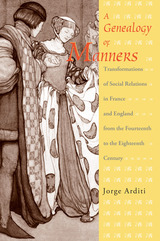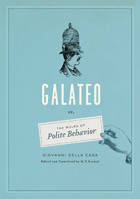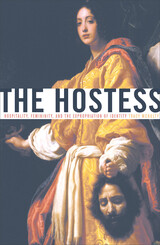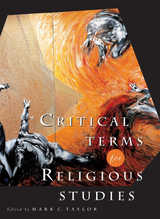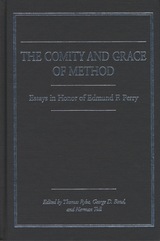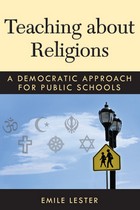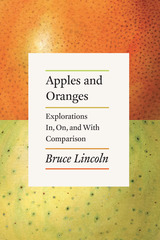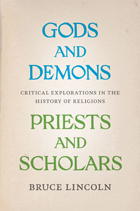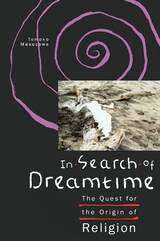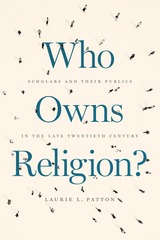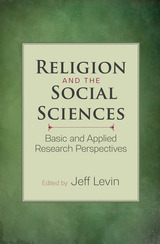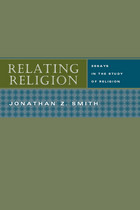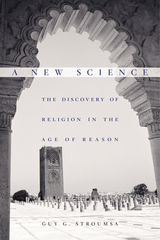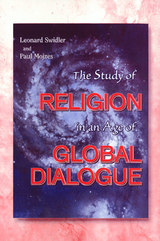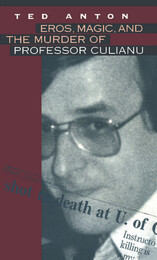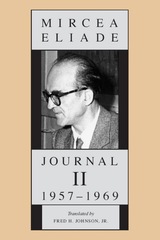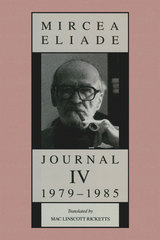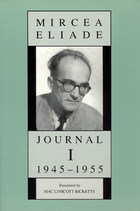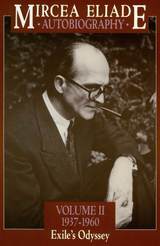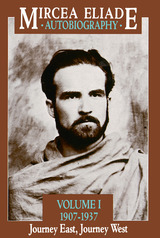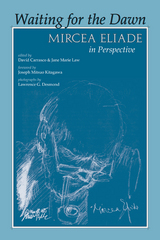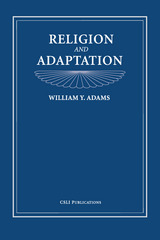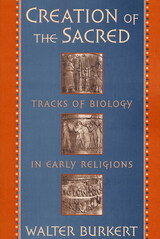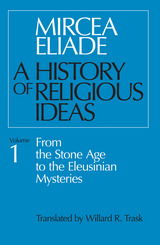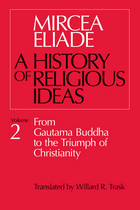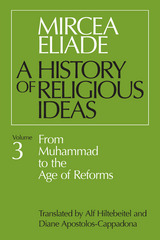The Study of Religion in an Age of Global Dialogue
Temple University Press, 2000
Paper: 978-1-56639-793-3 | Cloth: 978-1-56639-792-6
Library of Congress Classification BL41.S89 2000
Dewey Decimal Classification 200.7
Paper: 978-1-56639-793-3 | Cloth: 978-1-56639-792-6
Library of Congress Classification BL41.S89 2000
Dewey Decimal Classification 200.7
ABOUT THIS BOOK | AUTHOR BIOGRAPHY | REVIEWS | TOC
ABOUT THIS BOOK
Religion is the most fundamental, comprehensive of all human activities. It tries to make sense out of not simply one or other aspect of human life, but of all aspects of human experience. At the core of every civilization lies its religion, which both reflects and shapes it. Thus, if we wish to understand human life in general and our specific culture and history, we need to understand religion.
What is religion? As this comprehensive work shows, religion is an explanation of the ultimate meaning of life and how to live accordingly, based on a notion of the Transcendent. Normally it contains the four "C's": Creed, Code, Cult, Community-structure.
This volume looks at the ways we humans have developed to study religion. It also examines the new age in human consciousness that is now drawing. It also examines the new age in human consciousness that is now dawning: The Age of Global Dialogue, a radically new consciousness that shifts the ways we understand everything in life, including religion. This global dialogical way of understanding life does not lead to one global religion, but it does lead toward a consciously acknowledged common set of ethical principles, a Global Ethic. The book looks at these two movements -- the Age of Global Dialogue and inchoative Global Ethic -- in order to help readers understand what is going on around them, so they may make informed, intelligent decisions about the meaning of life and how to live it.
What is religion? As this comprehensive work shows, religion is an explanation of the ultimate meaning of life and how to live accordingly, based on a notion of the Transcendent. Normally it contains the four "C's": Creed, Code, Cult, Community-structure.
This volume looks at the ways we humans have developed to study religion. It also examines the new age in human consciousness that is now drawing. It also examines the new age in human consciousness that is now dawning: The Age of Global Dialogue, a radically new consciousness that shifts the ways we understand everything in life, including religion. This global dialogical way of understanding life does not lead to one global religion, but it does lead toward a consciously acknowledged common set of ethical principles, a Global Ethic. The book looks at these two movements -- the Age of Global Dialogue and inchoative Global Ethic -- in order to help readers understand what is going on around them, so they may make informed, intelligent decisions about the meaning of life and how to live it.
See other books on: Ethics & Moral Philosophy | Philosophy | Religion | Study | Study and teaching
See other titles from Temple University Press

